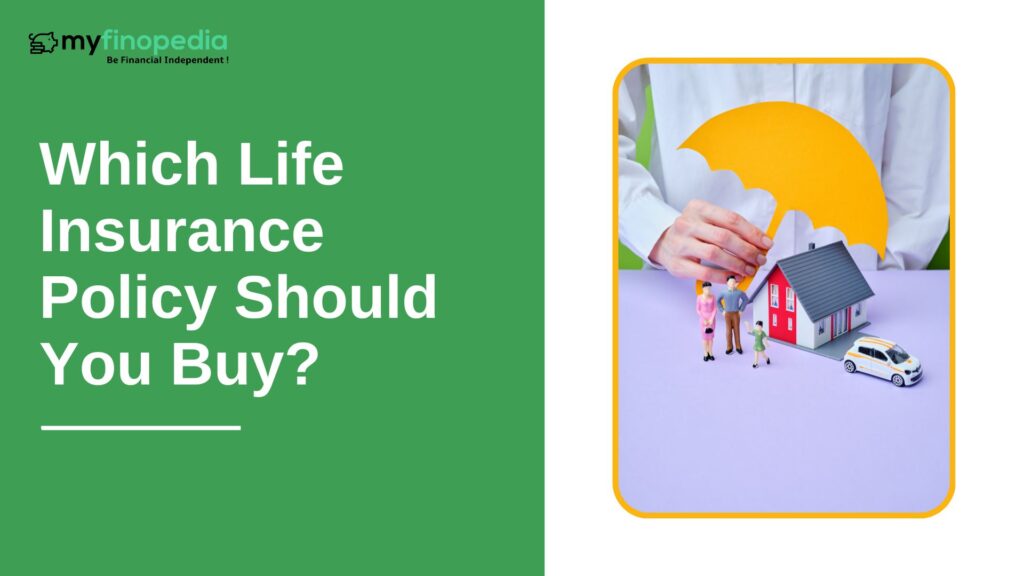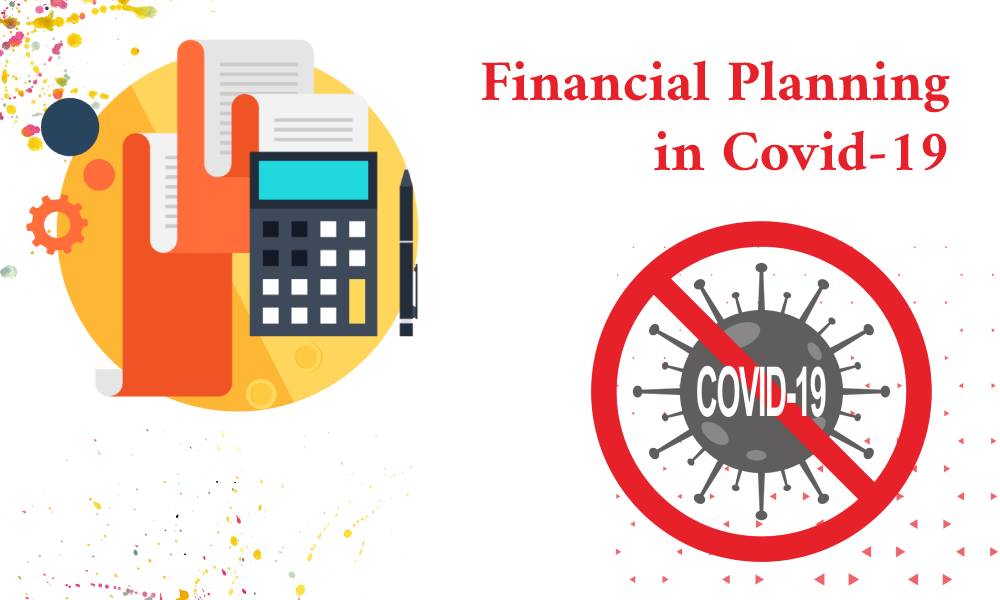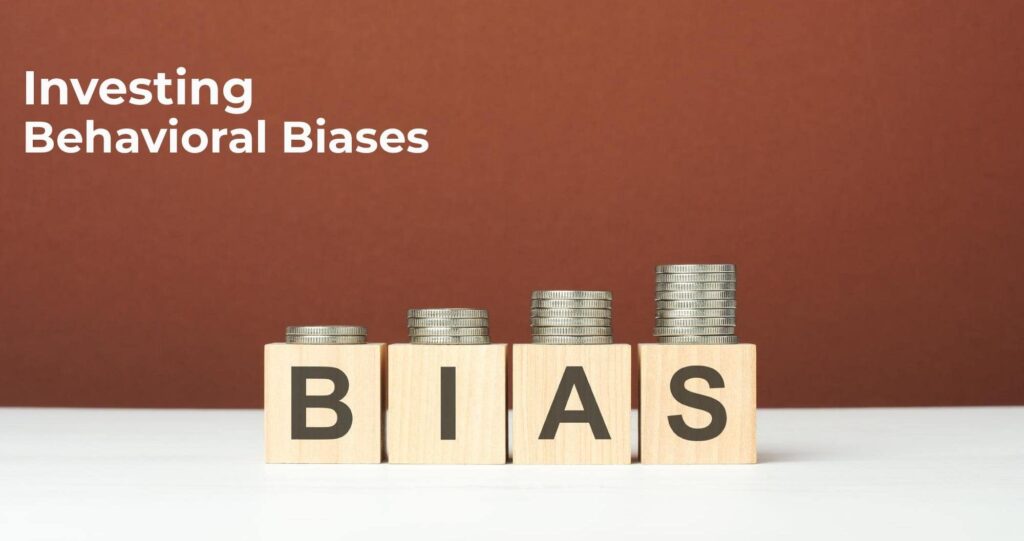A life insurance policy is a contract that an insurance company enters into with a policyholder, whereby the insurer agrees to pay a predetermined sum of money in return for premiums paid on a regular basis, at the policyholder’s death, or after a predetermined amount of time.
The 2 types of Life Insurances are :-
1. Pure Protection plan, also known as Term Insurance Plan: Term insurance plans, or Pure Protection plans, are made to safeguard your family’s future by paying out a lump amount in the event of your untimely death.
2. Savings Plan: A savings plan is a type of financial product that offers life insurance benefits and assists in helping you budget for long-term objectives like home ownership and child education costs.
- Term life insurance
Ideal for: The majority of individuals. The primary goal of inexpensive, straightforward term life insurance is to replace your income in the event of your death.
How it operates: Term life insurance is normally offered for sale in durations of 10, 15, 20, 25, or 30 years. Depending on the policy, coverage amounts can reach the millions. The majority of people purchase term life insurance for a duration that extends to their prime working years. In this manner, in the event of an early death, they can assist a surviving spouse or other beneficiary in covering immediate expenses, such as mortgage repayment or college support for their children.
Ideal for: People who can afford the higher premiums and desire a simple permanent policy.
How it operates: If you pay your premiums on time, whole life insurance usually lasts for the entirety of your life. It is one of the most accessible policy find to set up for once and leave forever life insurance. Here we see that the death benefit amount is fixed, as your premiums are generally not fluctuating and you receive a guaranteed rate of return on the policy’s cash value.
- Universal insurance
Ideal for: Individuals seeking flexible, long-term life insurance.
How it operates: A few policies are covered by the general life insurance plans. However, in general, this kind of coverage has a cash value component that increases in line with market interest rates and lets you modify your premiums (up to certain limits). Over time, premiums usually go up, requiring you to either pay more in premiums or take money out of your death benefit or cash value account to offset the increased expenses.
- Variable insurance
Ideal for: People who desire more control over their cash value investments and have a larger risk tolerance.
How it operates: Bond and mutual fund accounts are linked to this kind of cash value life insurance. Regardless of how the market performs, the death benefit is guaranteed and the premiums for variable life insurance are normally fixed. There are also other types of insurances such as Joint Life Insurance- For both the spouses to secure their life, Group Life Insurance for the employees of an organization and Credit Life Insurance- which pays out for your loan.






